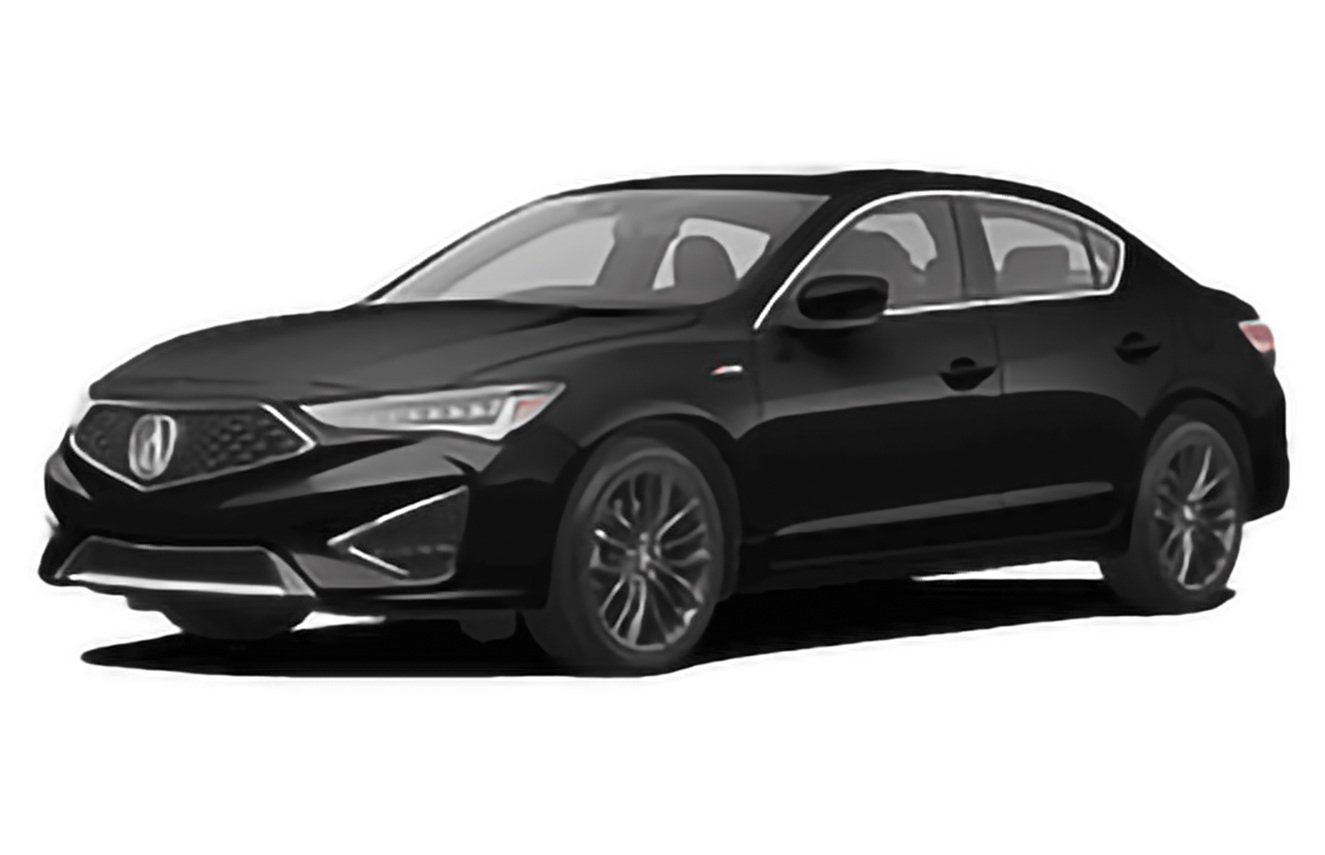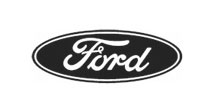Car Leasing FAQs
Is it cheaper to buy or lease a car?
In most cases, leasing is cheaper than buying in the short term. That is, lease payments are usually lower than loan payments. However, you can usually save more money in the long run by buying because you will own the vehicle and can resell it. We don't recommend leasing forever but leasing is a good way to drive a new, warrantied vehicle for a few years without paying a lot each month.
It is better to lease or buy a car?
This question is difficult to answer. It depends on your lifestyle. You shouldn't lease if your life is unpredictable. You'll have to agree to a maximum mileage per year, which means you need a fairly stable lifestyle or you could exceed the limit. There are also things to consider about buying. You may not be able to afford the loan payments for the car you need, for example. You might run into loan problems (qualifying for a lease is often easier than qualifying for a loan). You'll be able to decide which options is better once you know how they both work. Read on to learn more about leasing.
Do I own the car when I lease?
No. You don't own the vehicle while its under a lease contract. It belongs to the lessor. You can decide to purchase the car when the lease ends, however.
Can I negotiate the lease rate like I would negotiate the purchase price?
The lease rate isn't set in stone. It is based on the vehicle's purchase price. You should negotiate as if you are buying the vehicle before you let the dealership calculate the lease rate. When they calculate it, double check it to make sure it's correct. Here's how the calculation works.
What is "amount due at signing"?
The amount due at signing is the total amount you will have to pay on the first day of the lease term, which includes down payment, first month's payment, taxes and fees. When advertised, the amount due at signing is based on a strong credit score. It will vary if your credit score is on the weak side.
Can I end the lease early?
Usually, you can't end a lease before end term. Some lessors allow lease transfers or "lease assumptions," which means letting someone else take over the payments and drive the vehicle. Your lessor might keep you on the contract and hold you liable for payments anyway, though. These conditions are something worth asking about before you sign any agreements.
How do you calculate a lease rate?
The basic formula is this:
(purchase price - residual value at end term) / months in lease term
For details, see this article from WikiHow.
What happens if I damage my leased vehicle?
Your lessor probably won't mind a few scratches (they will have a policy for you to review), but expensive damage will be recouped by fees. You can buy excess wear and tear coverage, which will protect you from most minor damages.
If you want full protection, think about GAP insurance, which covers the full value of the car. If the car is totalled, GAP insurance shields you from paying that loss to the lessor. Of course, it's a good idea to read the policy carefully anyway.
Ready to get behind the wheel? Your local dealers offer their most competitive prices to online shoppers. Click here for free, no-obligation quotes.



